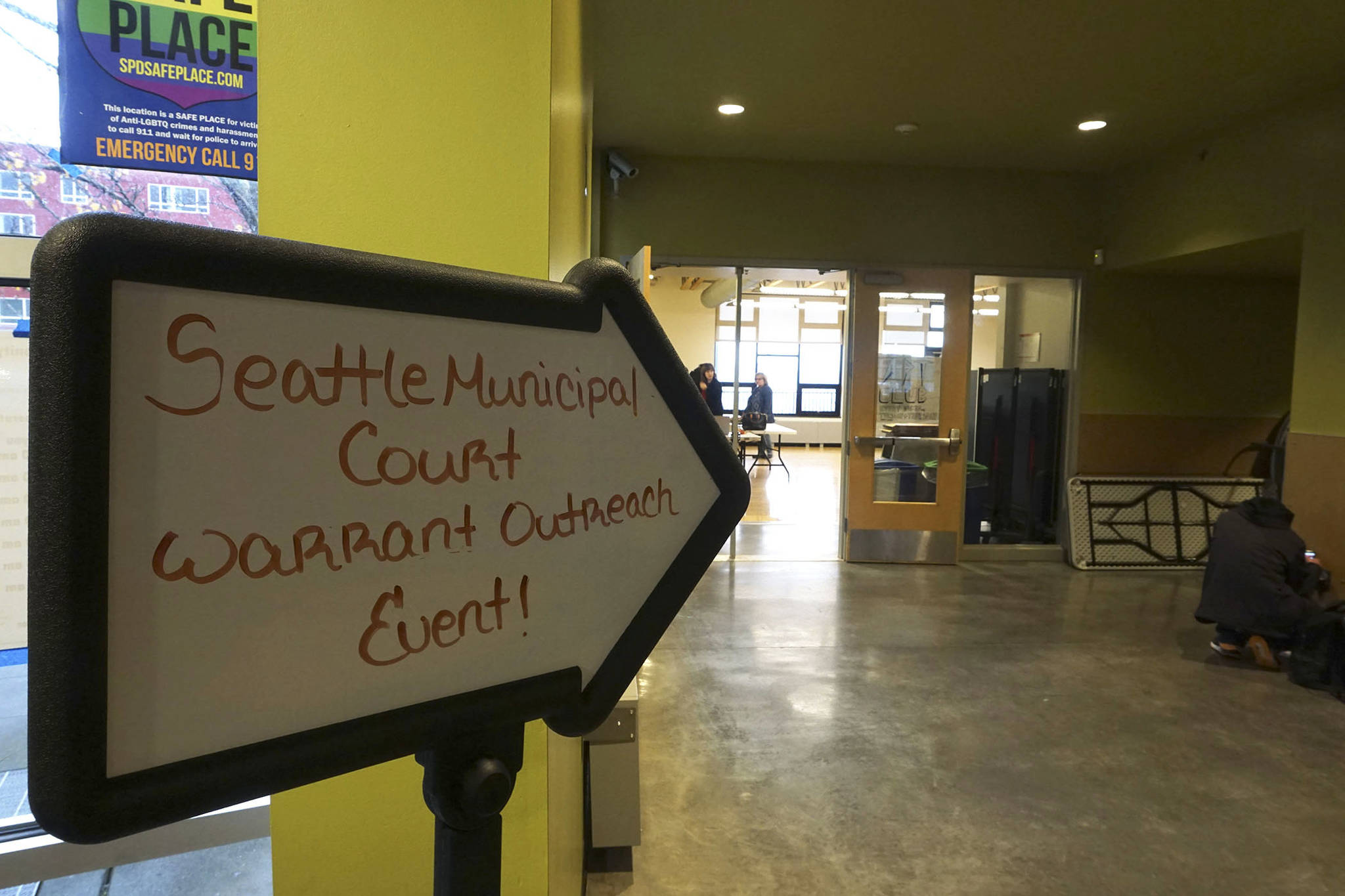The city is taking steps to address disparities in the criminal-justice system by asking Seattle Municipal Court judges to toss out more than 200 pre-dispositional and post-conviction warrants charged on low-level cases between February 1996 and July 2013.
On Nov. 27, City Attorney Pete Holmes, Mayor Jenny A. Durkan, Police Chief Carmen Best, and Seattle City Councilmember M. Lorena González filed a motion in the Seattle Municipal Court that could quash 208 outstanding warrants concerning charges on nonviolent cases that involved 107 people charged or convicted of prostitution, followed by 73 for driving with a suspended license in the third degree. The others included charges for graffiti, alcohol, loitering, and drug offenses. People of color were also disproportionately affected by outstanding warrants.
The decision to grant or dismiss the motion is now under the jurisdiction of the Seattle Municipal Court judges. If the court grants the motion, the Seattle City Attorney’s Office will review each outstanding misdemeanor warrant filed before 2013 to determine whether it is eligible for quashing.
“If you haven’t re-offended after five-plus years of a warrant being issued, I’m comfortable asking the court to dismiss your warrant,” Holmes said in a statement. He added that the action seeks to allow officers to focus on more serious offenses, and to encourage people with cleared warrants to engage with the Seattle Police Department.
If the judges approve the motion, it would be the first set of post-conviction warrants the court has quashed under Holmes’ request. Failure to appear in court for hearings after being found guilty commonly leads to outstanding warrants, as Seattle Weekly found in a Jan. 10 investigative report. In the report, Seattle Weekly revealed that many of the 9,794 defendants who had outstanding warrants as of last year lacked permanent addresses because they’re homeless, according to the Seattle Municipal Court’s staff and public defenders. Many of them said that they didn’t receive notices appear in court. As a result, failure to appear for pre-trial hearings was listed as the top reason for the issuance of outstanding warrants in December 2017, according to Seattle Municipal Court data acquired by Seattle Weekly.
The Seattle Municipal Court’s portal can be used to determine whether individuals have outstanding warrants. In an effort to resolve outstanding warrants for people not included in the motion, the Seattle Municipal Court held a community event Nov. 29 at Delridge Community Center.
“We’re acting to make Seattle a more just city, to recognize that our criminal- justice system disproportionately impacts people of color, and to ensure that our officers can focus on the most violent offenders and protecting public safety,” Durkan said in a statement. “We must continue to challenge ourselves to discover and provide more effective alternatives to prosecution and incarceration.”
mhellmann@seattleweekly.com








